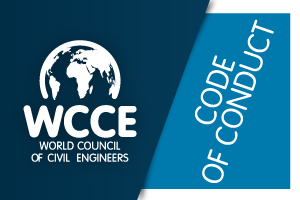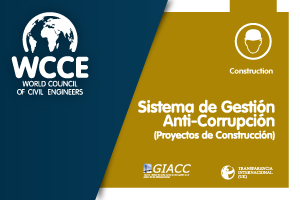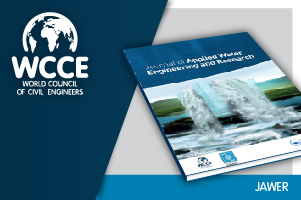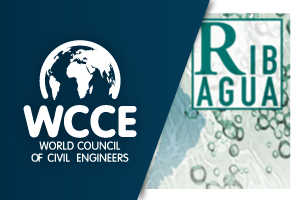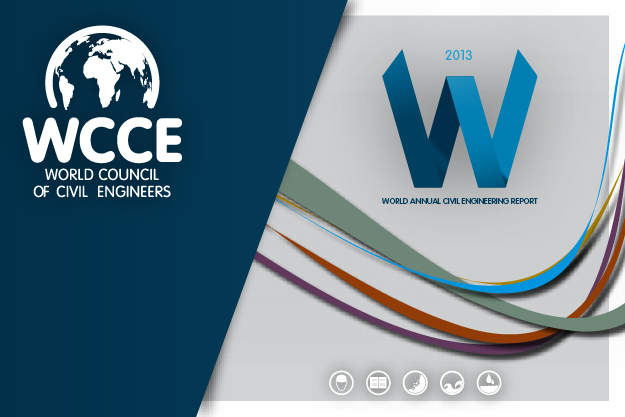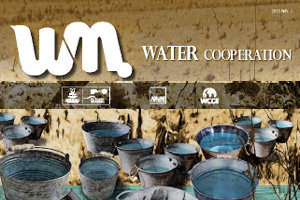 On 11 February 2011, the UN General Assembly, in its resolution 65/154, decided to proclaim 2013 International Year of Water Cooperation. Resolution 65/154 calls on the United Nations system and all other actors to take advantage of the Year to promote actions at all levels, including through international cooperation, as appropriate, aimed at the achievement of the internationally agreed on water-related goals contained in Agenda 21, the Programme for the further Implementation of Agenda 21, the United Nations Millennium Declaration and the Johannesburg Plan of Implementation, as well as to increase awareness of their importance.
On 11 February 2011, the UN General Assembly, in its resolution 65/154, decided to proclaim 2013 International Year of Water Cooperation. Resolution 65/154 calls on the United Nations system and all other actors to take advantage of the Year to promote actions at all levels, including through international cooperation, as appropriate, aimed at the achievement of the internationally agreed on water-related goals contained in Agenda 21, the Programme for the further Implementation of Agenda 21, the United Nations Millennium Declaration and the Johannesburg Plan of Implementation, as well as to increase awareness of their importance.
To ensure that water security and sustainability is achieved concerted efforts must be made to promote water cooperation at river basin and local scale, including in transboundary river basins, irrigation districts and cities. Cooperation is necessary to deal with some of major issues such as water allocation decisions, upstream and downstream impacts of water pollution and water abstraction, construction and management of new infrastructures, dealing with illegal abstractions and overexploitation of surface and groundwater, deciding on financing management of water resources and water services, among others. In this regard, negotiation, mediation and other dispute resolution mechanisms including the role of water diplomacy as well as participatory tools or procedures will be the main themes of discussion in the conference. The conference will introduce the key skills required, with particular attention to their important role in the process of negotiation and mediation, with examples of their application in national and international water settings.
The International Annual UN-Water Zaragoza Conference 2012/2013 'Preparing for the 2013 International Year. Water Cooperation: Making it Happen!' that will take place in Zaragoza, Spain, from 8 to 10 January 2013, focuses on how to make cooperation happen. It does so by:
Identifying how can we do 'better' in water cooperation through sharing lessons from experiences, and inspiring participants to do 'better'. Cases will illustrate experiences on how effective cooperation can be facilitated aiming to inspire others and highlight some of the crucial ingredients for success. They will also identify the general and locally specific difficulties, challenges, barriers and failures that we cannot ignore and can learn from (failure being a key ingredient for innovation).Identifying the best approaches to promote effective cooperation at different scales. What are the lessons from recent implementation experiences and how they have been contributing to improved water management?


